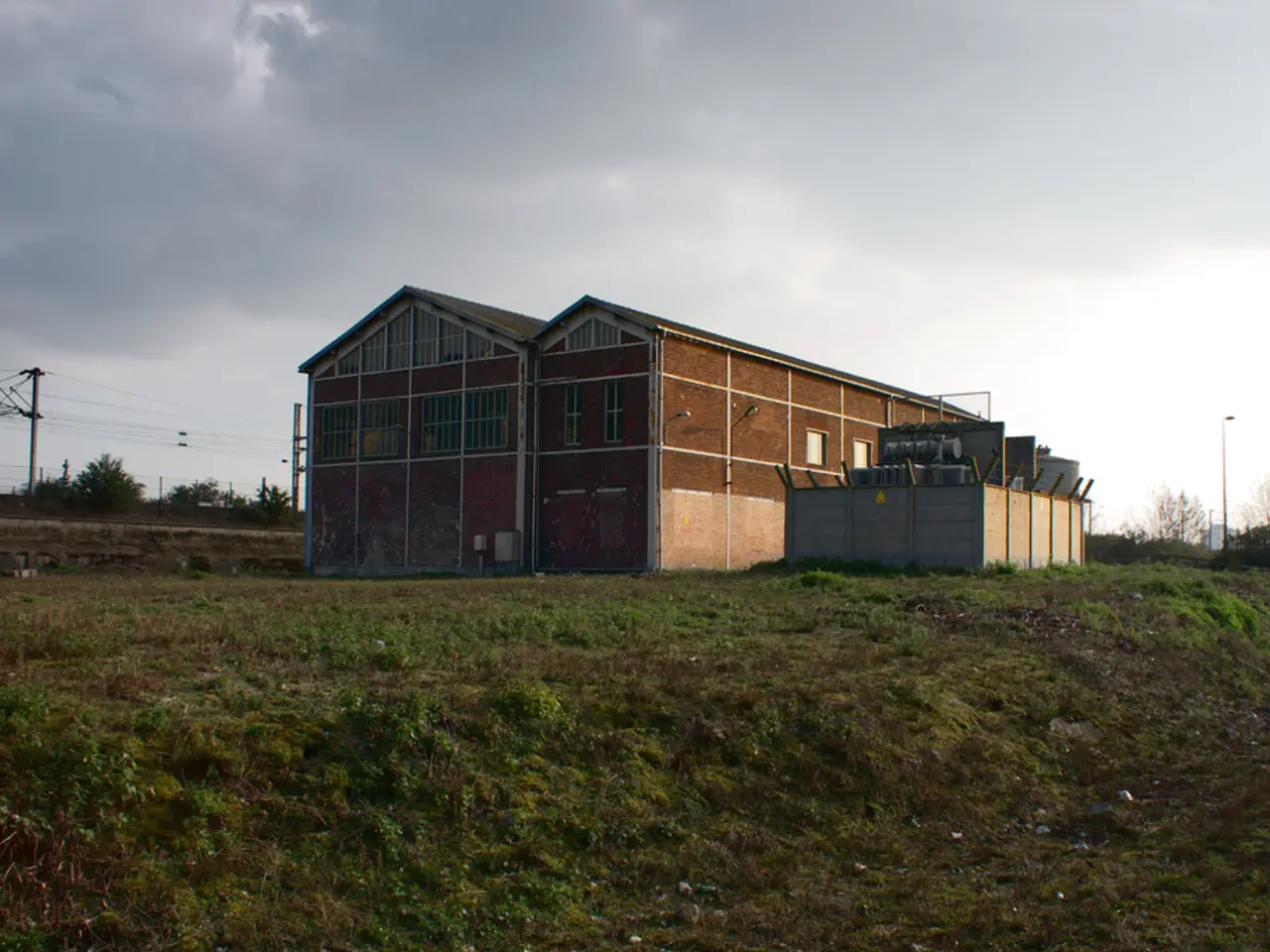Railpen Advancing in UK's Renewable Energy Infrastructure and Digital Asset Sector
In a significant move towards sustainable investing, Railpen, a leading provider of administration and investment services for UK railway pension schemes, has increased its allocation to renewable infrastructure. This strategic shift forms a crucial part of Railpen's £1.7bn long-term income fund and £500m growth strategy.
Railpen's aim is to invest earlier in the asset lifecycle, avoiding higher operational premiums and retaining assets in the long term. This approach was evident in their first direct infrastructure investment in subsidized long-dated renewables within their long-term income fund.
One of Railpen's notable acquisitions was the Bracks Solar Farm, a 30MWp solar facility in the UK, purchased in early 2023. This direct investment demonstrates Railpen's commitment to domestic renewable projects.
The focus on renewable infrastructure aligns with the UK government's national climate plan and Clean Power 2030 (CP30) initiative. Railpen's investments in wind and solar projects contribute to decarbonizing the energy system, consistent with national targets for reducing greenhouse gas emissions and expanding clean power capacity by 2030.
Railpen's strategy also extends beyond solar and wind energy. The company sees further opportunities in the energy transition, particularly in decarbonising heat networks and public transport. Railpen is providing sustainable district heating solutions and sees more opportunities to participate in this market as the need to decarbonise these solutions becomes greater.
The company's investments are not limited to the UK. Railpen also has investments outside the UK, including in the Nordic waste management sector. The plan covers listed equities, corporate fixed income, real estate, private equity, and infrastructure.
Railpen's natural bias towards UK infrastructure is due to its liabilities being sterling-denominated and linked to UK inflation. However, the company is actively exploring data centre investments but has yet to find a solution that fits due to high price expectations and limited opportunities in the UK market.
In July 2024, Railpen acquired a 50% shareholding in AGR Group, a UK-based sustainable infrastructure developer with 55 projects focused on the energy transition and food security. Railpen is also looking at synergies between the energy and digital sectors and deploying capital to support the growth of the AI sector.
Railpen's Net Zero Plan, launched in 2021, aims to achieve net zero greenhouse gas emissions by 2050 or sooner, with a 50% reduction target by 2030. Many of Railpen's clients are still open to further accrual, allowing more investment in illiquid assets, and the new strategy allows Railpen to take on more growth risk, development, and construction risk.
In summary, Railpen's focus on UK renewable infrastructure aligns with the UK government’s Clean Power 2030 initiative by advancing low-carbon energy generation and infrastructure growth. This approach is consistent with the broader UK national climate plan to raise renewable power capacity and reduce carbon emissions by 2030.
Sports are not explicitly mentioned in the provided text. Incorporating sports into the context, Railpen might explore investments in renewable infrastructure for sports facilities, contributing to the UK's renewable capacity expansion and promoting greener sports events.
In alignment with their Net Zero Plan, Railpen could potentially seek opportunities to build solar or wind energy parks at sports venues nationwide, thereby supporting clean power growth and reducing carbon emissions, as committed by the UK government's Clean Power 2030 initiative.






